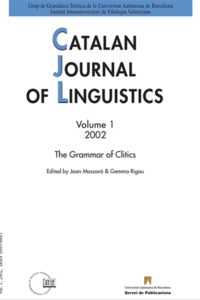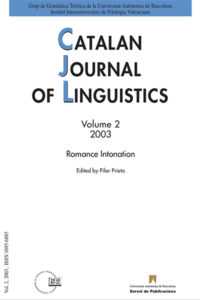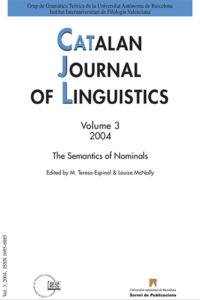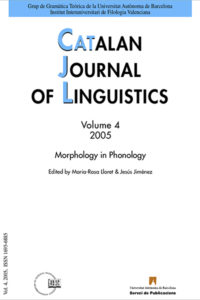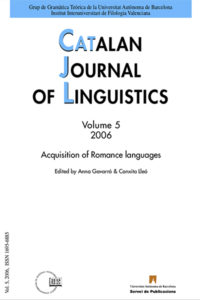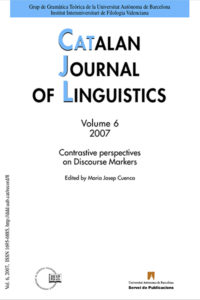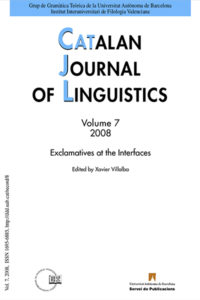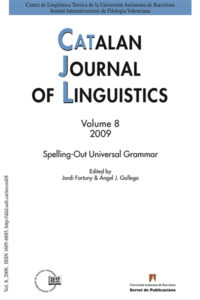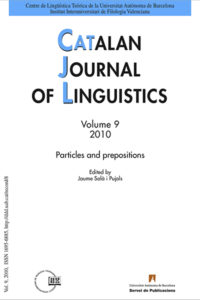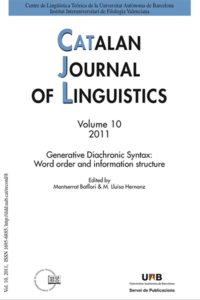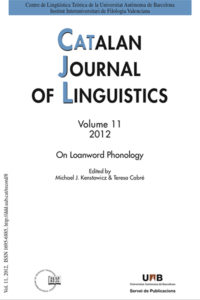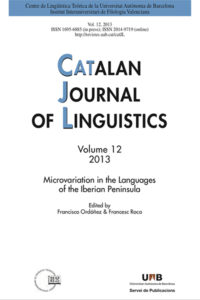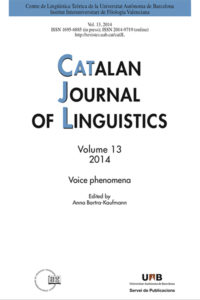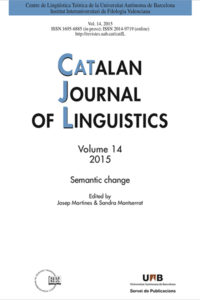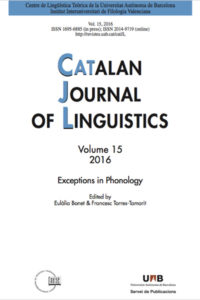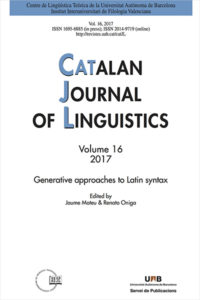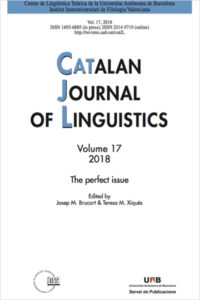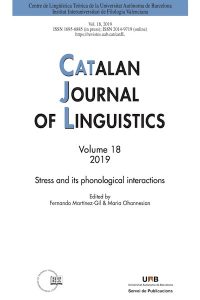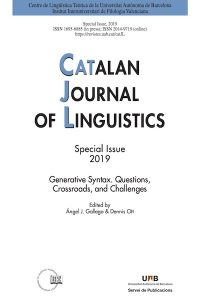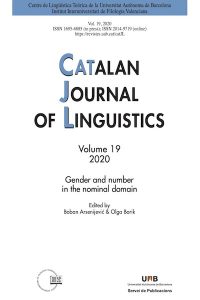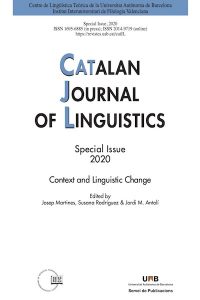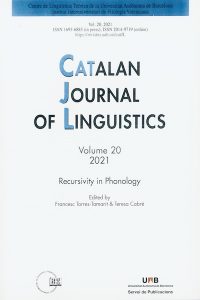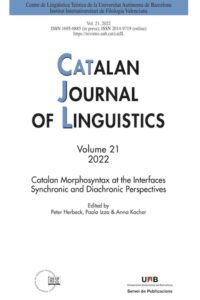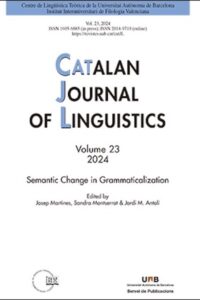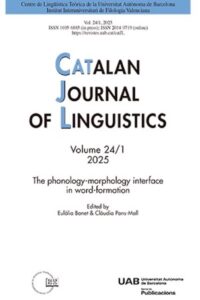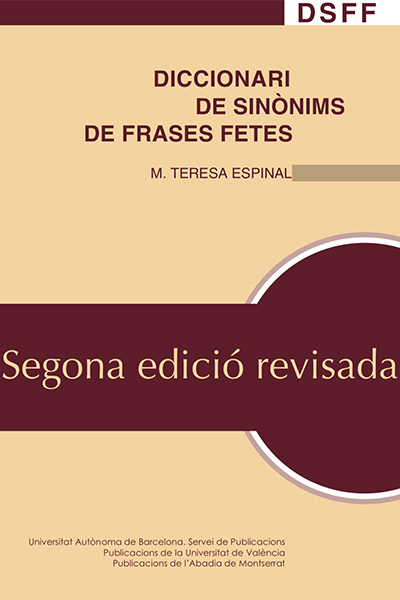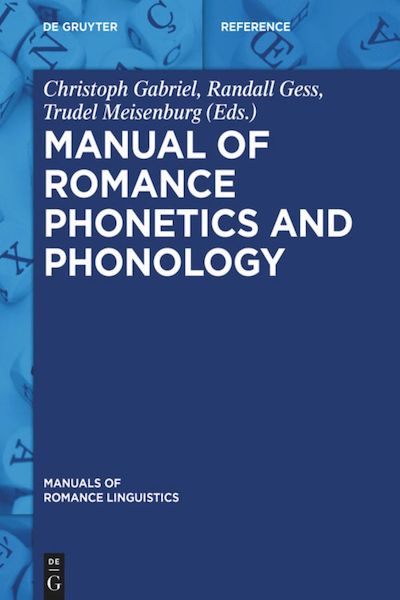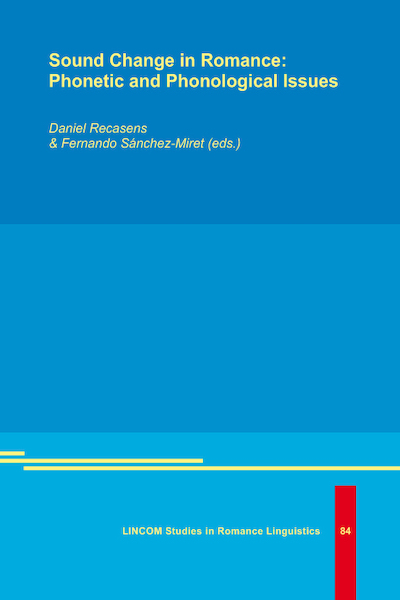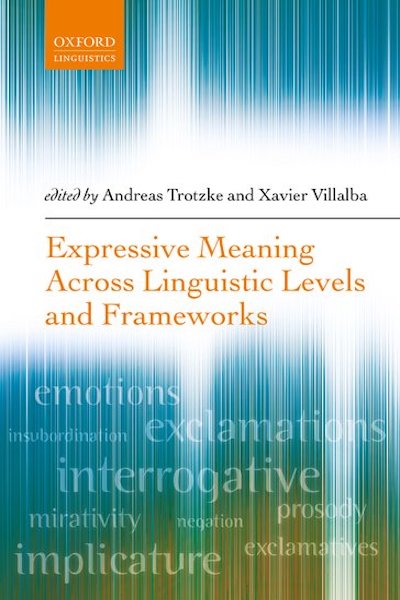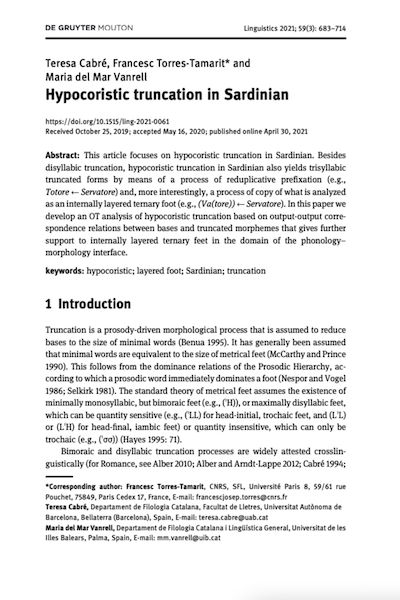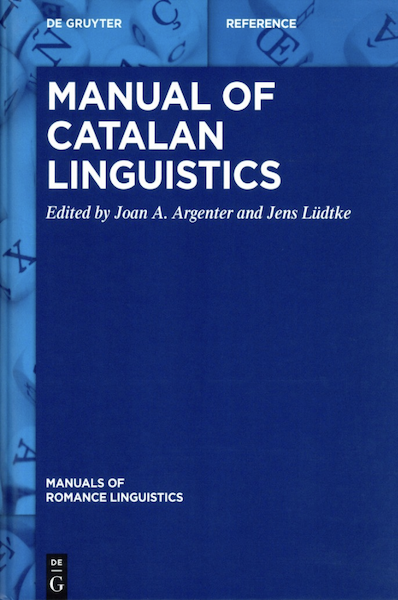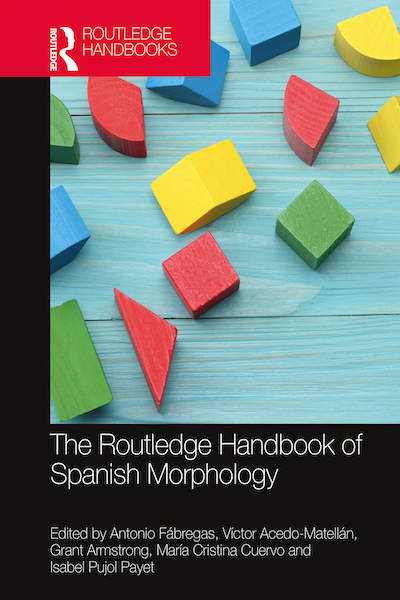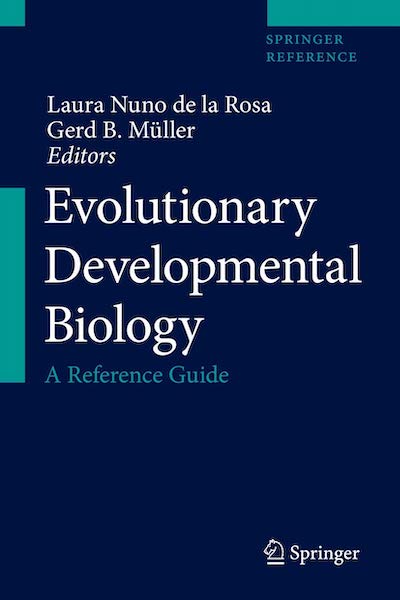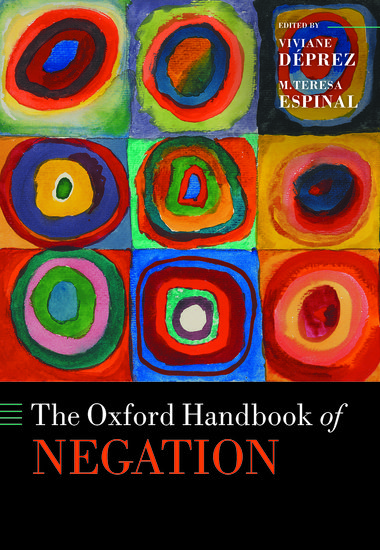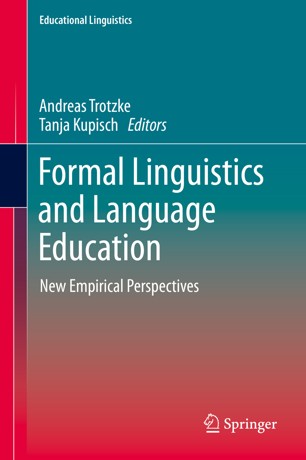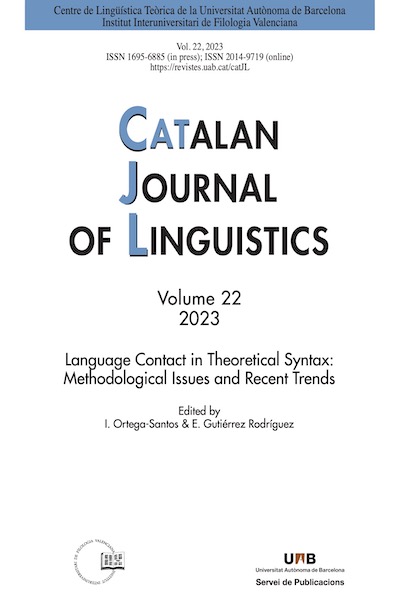
Autors:
I. Ortega-Santos & E. Gutiérrez Rodríguez (eds.)Títol:
Language Contact in Theoretical Syntax: Methodological Issues and Recent TrendsEditorial: Universitat Autònoma de Barcelona, Servei de Publicacions
Col·lecció: Catalan Journal of Linguistics #2023
Data de publicació: 2023
Pàgines: 148
Més informació
Text complet
While most syntactic research has naturally focused on varieties spoken by (supposedly) monolingual speakers, the study of language contact stands out as particularly relevant not only as celebration of linguistic diversity, but also from the theoretical point of view. For one thing, it expands the number of syntactic context available to test hypotheses by adding contact varieties and heritage languages as well as phenomena such as code-switching into the picture. Moreover, the study of language contact presents data collection challenges, which speak directly to ongoing debates on data collection standards in the field of syntax. In particular, there is an ongoing trend towards the adoption of experimental data collection methods and statistical analysis and/or the use of crowdsourcing and citizen science (e.g., see Gallego and Ortega-Santos 2019). Language-contact phenomena correspond to highly specific geolects/sociolects that are not necessarily spoken by the researchers. Thus, researchers are faced with the question of how to gather the data most efficiently and with generalizability; crucially, these issues are discussed explicitly in the corresponding publications, in contrast to most non-experimentalist or non-variationist syntactic research, thus helping the field of theoretical syntax as a whole adopt experimental data collection protocols. Furthermore, the study of language contact has figured prominently in the study of language change, with an emphasis on the extent to which language contact may cause syntactic changes – changes in the I-grammar, say, parameter resetting – and, if so, under what conditions (see Meisel et al. 2013 and references therein). Last but not least, this is also an area relevant to the study of external factors (e.g., language identity or language shift). As such, it lends itself to interdisciplinary work and hopefully crosspollination inthe study of the relationship between the grammar/competence and more usage-based notions such as frequency.

